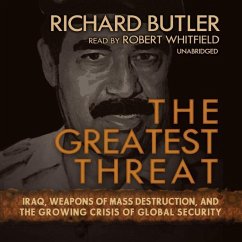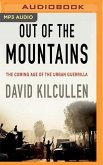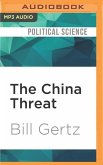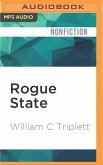Civilization may face no greater enemy than Saddam Hussein, and yet the major powers allowed Saddam to face them down. Here, Richard Butler tells the inside story of the UN's failed attempt to stop Saddam and explains the terrible cost of that failure. As the head of UNSCOM, the special United Nations commission that was supposed to regularly inspect Iraq for weapons violations, Butler had the authority to shut the Iraqis down if he caught them cheating--but that authority was undermined behind his back. Kofi Annan, in the name of diplomacy, agreed to Hussein's outrageous demands, and Russia's foreign minister took secret payoffs from the Iraqis in exchange for his support. The French, eager to do business with the dictator, undercut American efforts to force Hussein to comply, and Butler found himself the target of a major Iraqi and Russian propaganda campaign, ultimately alone.




